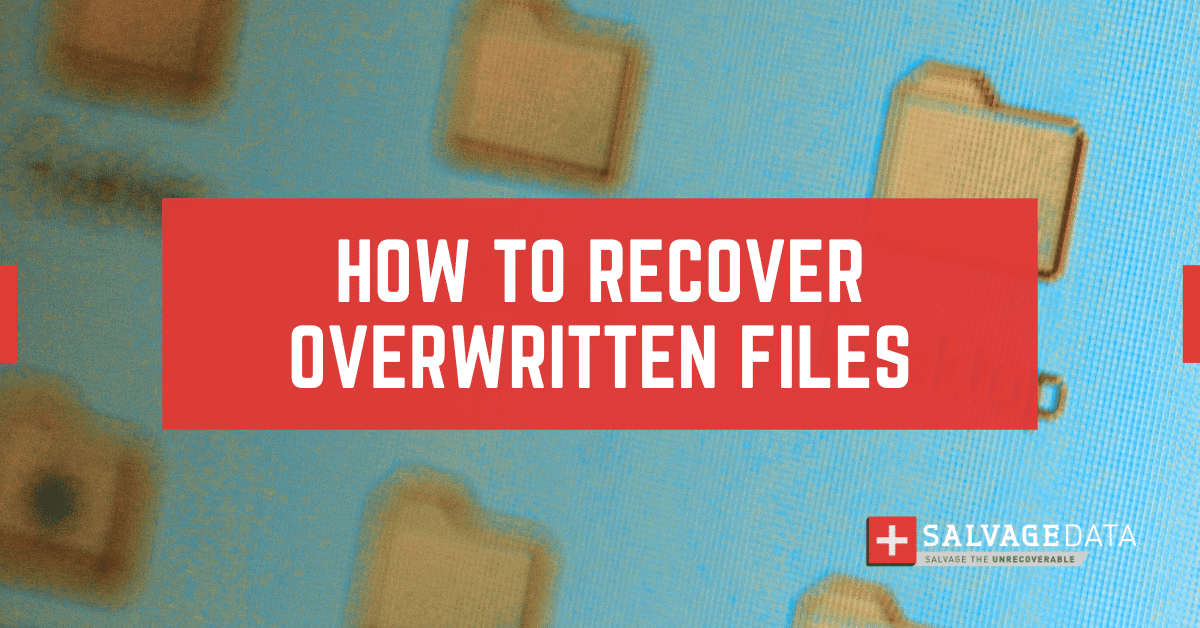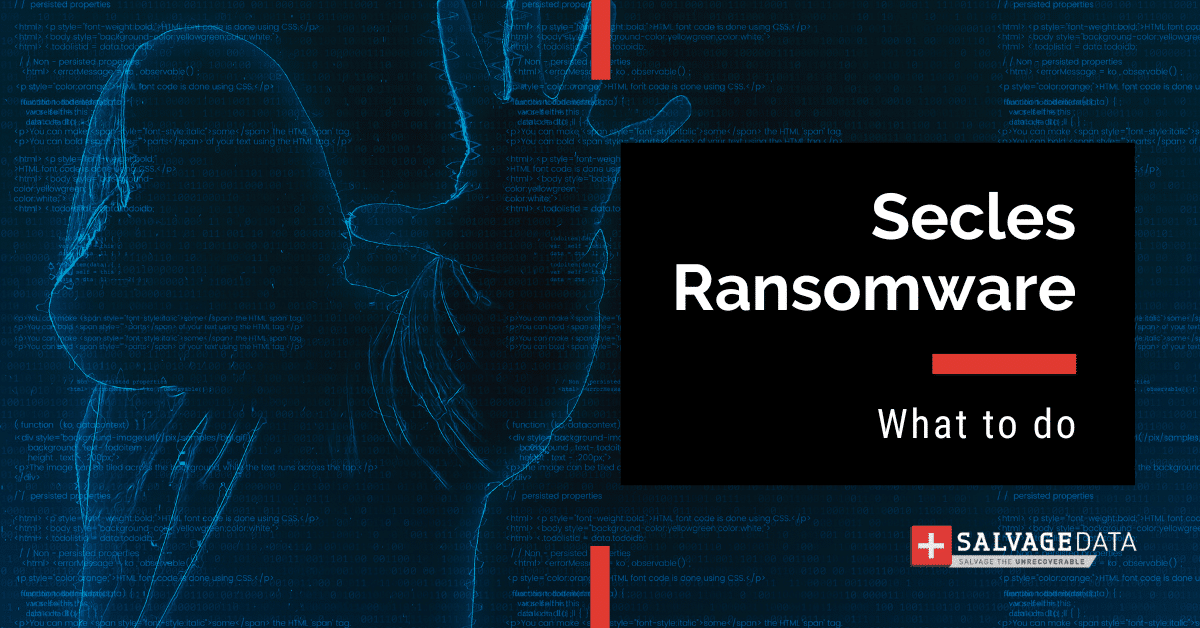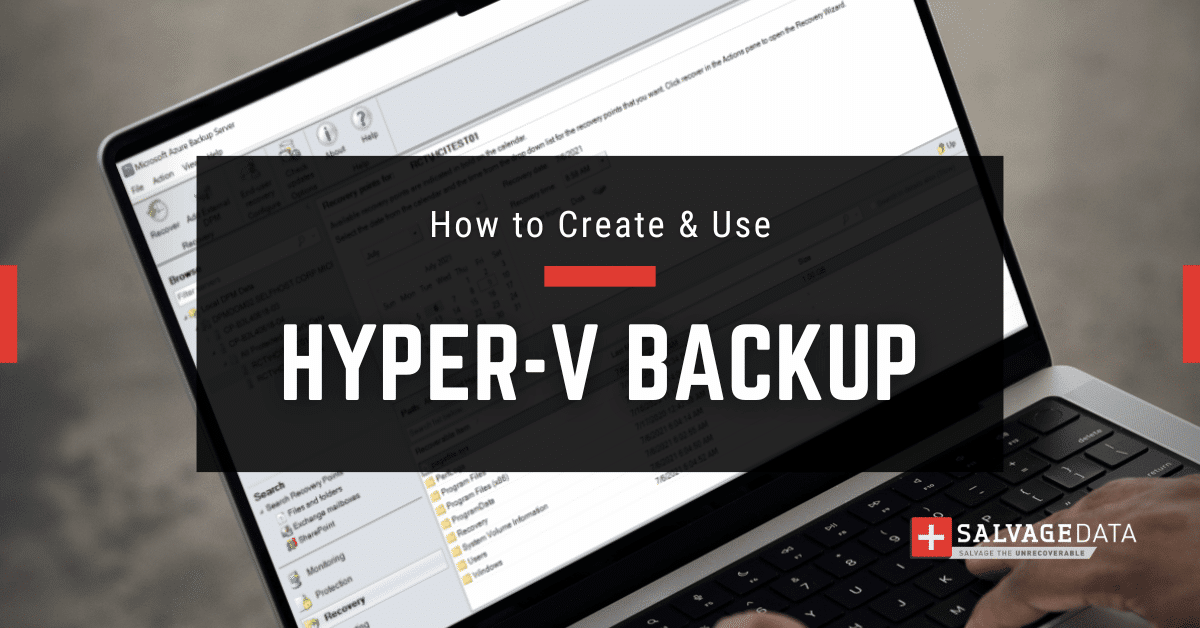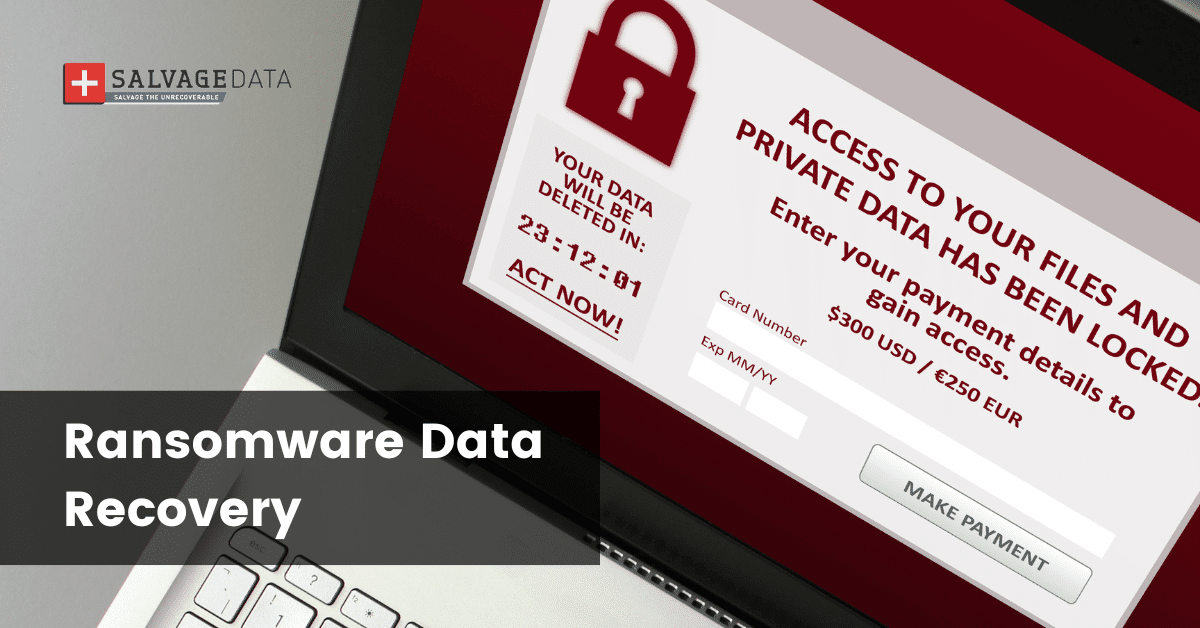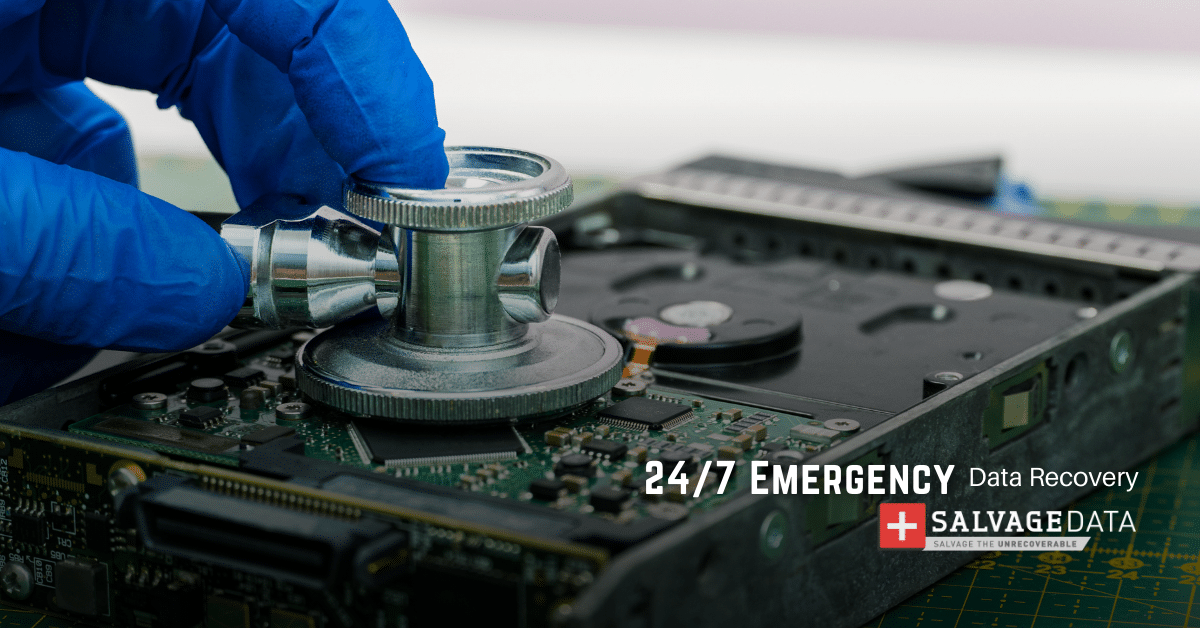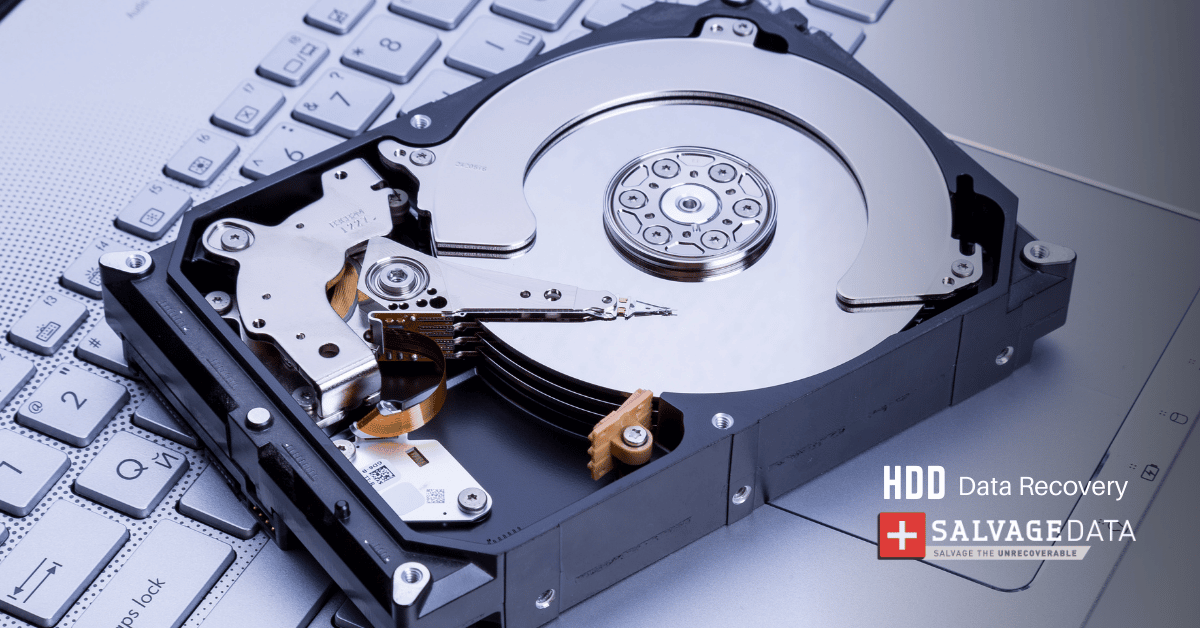Recent Articles
How To Recover Overwritten Files
The Snowflake Data Breach: A Comprehensive Overview
Mac Not Recognizing External Hard Drive: Quick Fix Solutions
How Multi-Cloud Backup Solutions Can Prevent Data Disasters
Capibara Ransomware: What is it & How to Remove
What Should a Company Do After a Data Breach: The Ticketmaster Incident
Secles Ransomware: Removal Guide
What To Do When Your Chromebook Freezes
How to Create Hyper-V Backup
What Is The Best Data Recovery Software For PC

I think there's an issue with my storage device, but I'm not sure Start a free evaluation →
I need help getting my data back right now Call now (800) 972-3282
GOG is a dangerous malware that encrypts your files and demands a ransom payment to decrypt them. GOG ransomware is a serious threat to your data. This type of malware is hazardous because it can render your important files completely unreadable, making it difficult or even impossible to recover your data without paying the ransom. Attackers typically spread GOG through email attachments or malicious websites, and once it has infected your system, it will begin encrypting your files. The ransomware will then display a message demanding a ransom payment. GOG Ransomware generally demands payment in Bitcoin, although some variants have been known to accept other forms of payment.
History
GOG is a relatively new form of malware, first appearing in early 2017. Since then, GOG Ransomware has been responsible for numerous data breaches and infections.
What encryption algorithm does GOG Ransomware use?
GOG uses the AES-256 encryption algorithm, which is a very strong form of encryption. This makes it extremely difficult to decrypt files without the correct decryption key.
What kind of files does GOG Ransomware encrypt?
GOG primarily targets essential personal and business files, such as photos, documents, and spreadsheets. However, GOG has also been known to encrypt system files, making it difficult or even impossible to boot up your computer.
Ransom note
The ransom note will typically provide instructions on how to pay the ransom, and will also threaten to delete your files if you do not comply with the demands.
How much is the ransom?
GOG Ransomware generally demands a ransom payment of 1-2 Bitcoin, but the amount can vary.
Should you pay the ransom?
We do not recommend paying the ransom. GOG is a sophisticated form of malware, and there is no guarantee that you will receive the decryption key even if you pay the ransom. In addition, paying the ransom only encourages the attackers to continue their activities.
What was the biggest GOG Ransomware attack?
The GOG Ransomware attack on the San Francisco Municipal Transportation Agency (SFMTA) in November 2017 was one of the largest GOG Ransomware attacks to date. The SFMTA attack resulted in the encrypted files of more than 2,000 computers, and the ransomware demanded a ransom payment of 100 Bitcoin (roughly $70,000 at the time). The SFMTA refused to pay the ransom and was ultimately able to recover its data without paying.
Protection
There are several things you can do to protect yourself from GOG and other forms of malware:
– Keep your operating system and security software up to date. GOG Ransomware exploits weaknesses in outdated software to infect your system, so it’s important to keep your software up to date.
– Be careful when opening email attachments from unknown senders.
– Avoid clicking on links in emails from unknown senders.
– Be cautious when downloading files from the internet.
– Back up your data. GOG Ransomware encrypts your files, so it’s important to back up your data to a secure location. This way, if you do get infected with GOG, you’ll be able to recover your data from the backup.
What should you do?
If attackers have infected you with this ransomware, you should take the following steps to remove it from your system:
– Disconnect from the internet. GOG Ransomware will attempt to contact a remote server to encrypt your files, so it’s important to disconnect from the internet to prevent this from happening.
– Use an anti-malware program to scan your system for GOG Ransomware and other forms of malware.
– Restore your data from a backup. GOG will encrypt your files, so it’s important to restore your data from a backup if you have one.
Is there a public decryption tool?
No, there is no public decryption tool for GOG Ransomware.
However, you may be able to recover your data by using data recovery software. Data recovery software can often recover files that have been encrypted. We built SalvageData data recovery software to help you.
Contact a data recovery service
We recommend that you consult with a data recovery service if you cannot decrypt your files. Data recovery services have the tools and expertise to help you recover your data.
SalvageData ransomware data recovery team will decrypt your files and guarantee they restored them. Contact SalvageData experts right now to learn more and get help.

